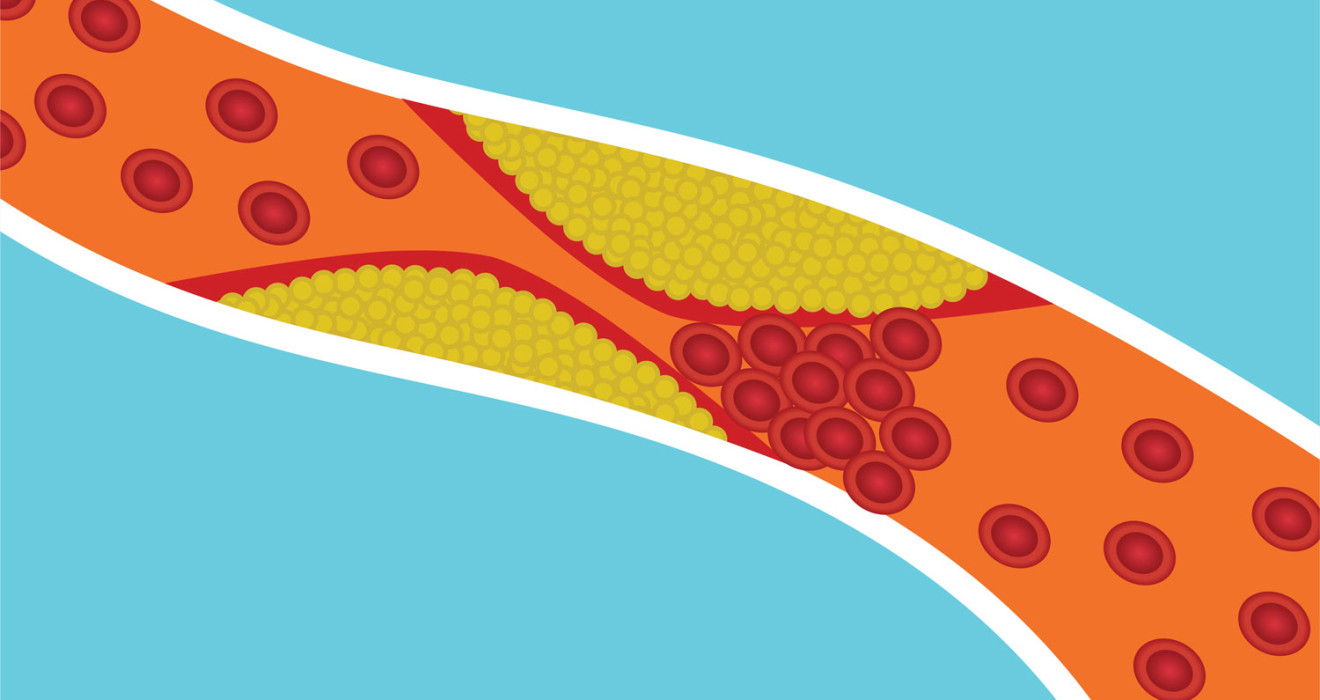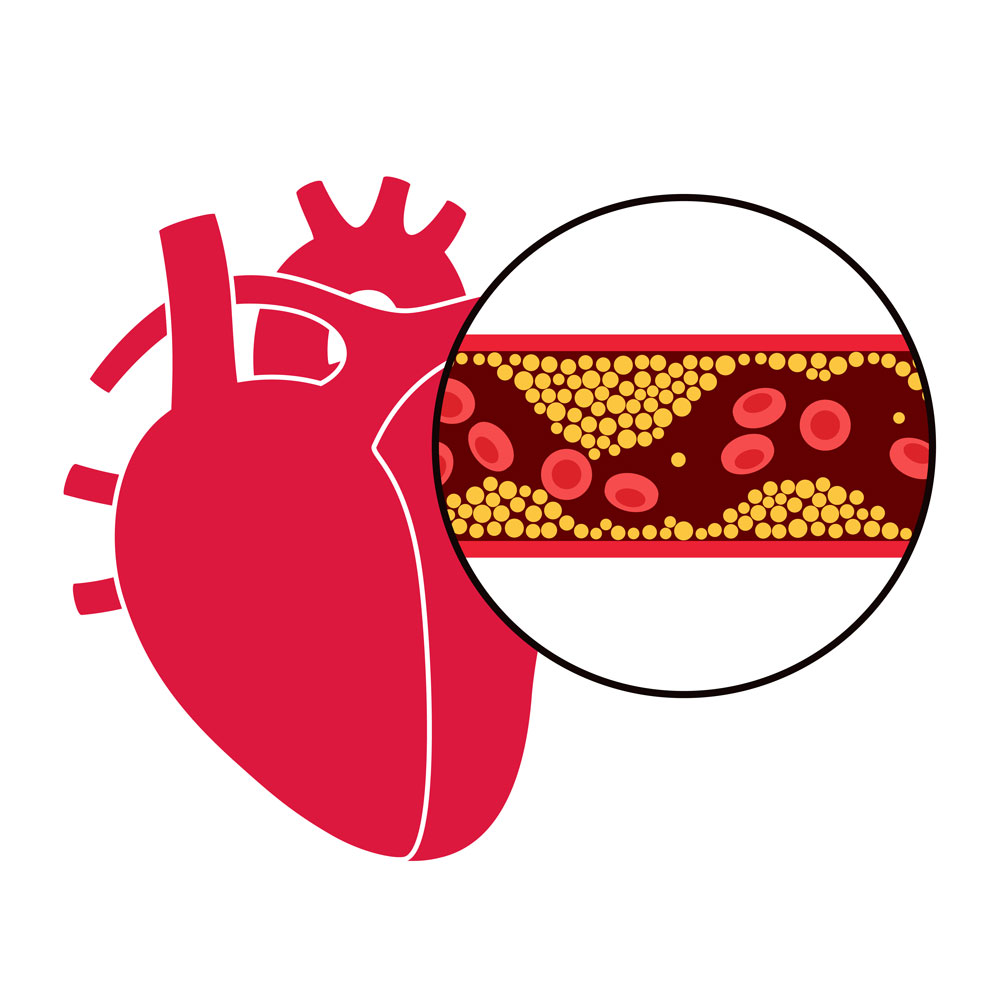
Coronary Artery Disease
The coronary artery is the general name of the heart's arteries. When the heart pumps blood into the aorta to provide the whole body, it feeds through the coronary arteries. As a result of the narrowing and/or occlusion of the coronary vessels feeding the heart, the nutrition of the heart muscle is impaired. In this case, coronary artery disease occurs.
What is a Coronary Artery? What Does It Do?
Coronary arteries are the main blood vessels that feed the heart. The heart muscle constantly needs oxygen and nutrients. Therefore, the coronary arteries are important to ensure adequate heart nutrition.
What is Coronary Artery Disease?
Coronary artery disease occurs due to occlusion or narrowing of the coronary arteries. Fat and cholesterol deposits, called plaque, accumulate on the inner surface of the arteries, causing the arteries to narrow or become blocked. This prevents the heart from getting enough blood and causes damage to the heart muscle. It can cause serious complications such as heart attack and heart failure.
What Causes Coronary Artery Disease?
The disease is often caused by a condition called atherosclerosis. However, many factors cause it. These are as follows:
- High cholesterol
- High blood pressure
- Obesity
- Diabetes
- Smoking
- Sedentary lifestyle
- Stress
- Genetic predisposition
What are the Coronary Artery Disease Symptoms?
The coronary artery disease symptoms are as follows:
- Chest pain or feeling of pressure in the chest
- Shortness of breath
- Palpitations
- Fatigue
- Sweating
- Nausea and vomiting
How to Diagnose It?
Several tests may be required for diagnosis. These tests include electrocardiography (ECG), stress testing, blood tests, coronary angiography and computed tomography (CT) scans.
What are the Risk Factors?
The coronary artery disease risk factors are as follows:
- High blood pressure
- High cholesterol
- Diabetes
- Being overweight or obese
- Smoking
- Sedentary lifestyle
- Age
- Family history
- Stress
- Metabolic syndrome
- High salt consumption
What are Coronary Artery Disease Treatment Methods?
It depends on the severity of the disease, the intensity of the symptoms, and the general health of the heart vessels and the patient.
Treatment methods are as follows:
- Lifestyle changes
- Drug therapy
- Angioplasty and stent
- Bypass surgery
Your doctor will determine the most appropriate treatment for you.
Frequently Asked Questions
-
It is not a permanent condition. With treatment, control of risk factors, and lifestyle changes, progression can be halted, symptoms alleviated, and heart attack risk reduced.
-
Foods that are good for it include whole-grain breads, oatmeal, fruits and vegetables, low-fat dairy products, lean meat, fish, nuts and seeds because these foods contain fibre, vitamins, minerals and healthy fats that are important for a healthy diet.
-
Genetic factors may increase the risk of it.
-
People with a parent or close relative with coronary artery disease may be at a higher risk because of their genetic predisposition. However, risk factors can be controlled with lifestyle changes and treatments.
-
It is a factor that increases the risk of a heart attack. But it is not heart failure. Heart failure is the accumulation of fluid in the body and the appearance of symptoms resulting from the heart's inability to pump enough blood.
-
It is usually more common in middle-aged or older people. However, it can be seen at any age. It is also more common in people with risk factors such as diabetes, high blood pressure, high cholesterol, smoking, obesity, physical inactivity, and stress.


